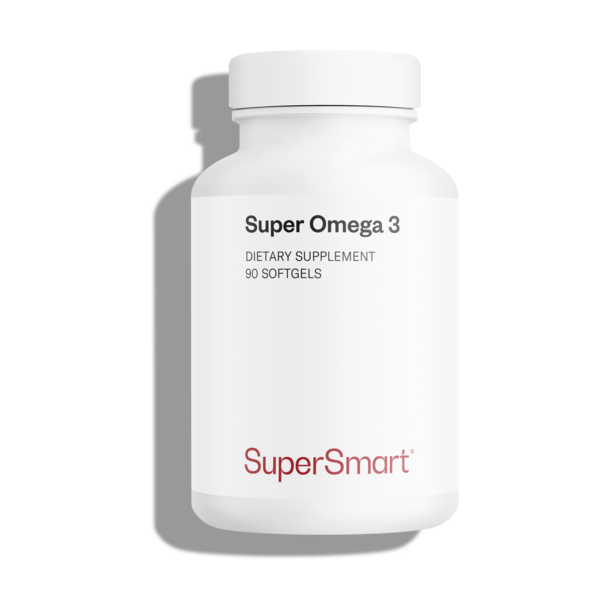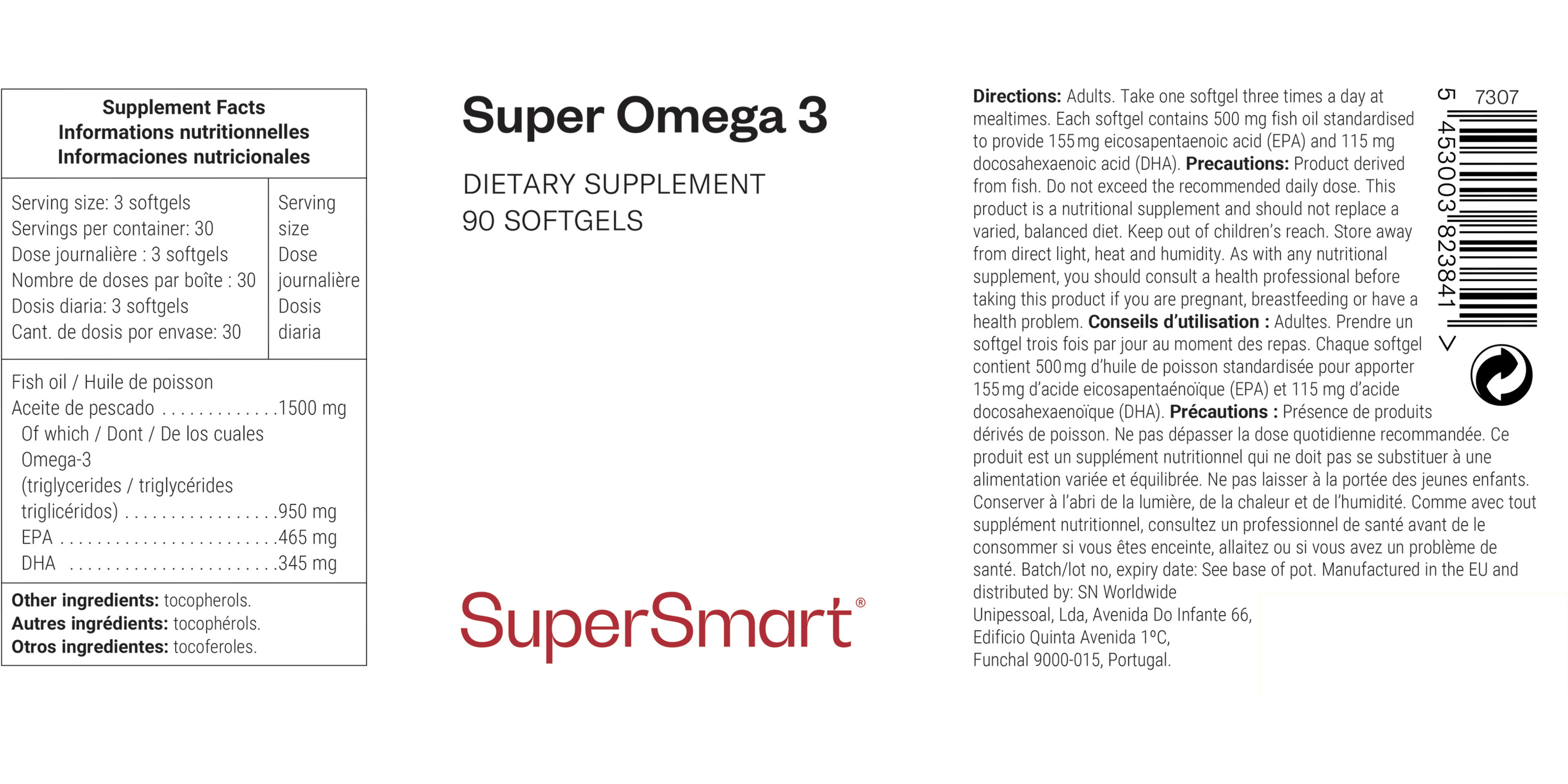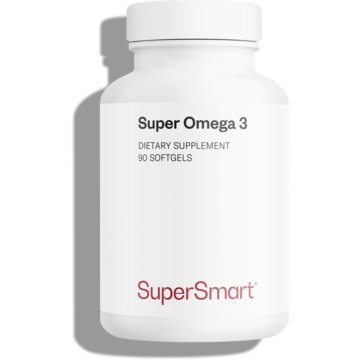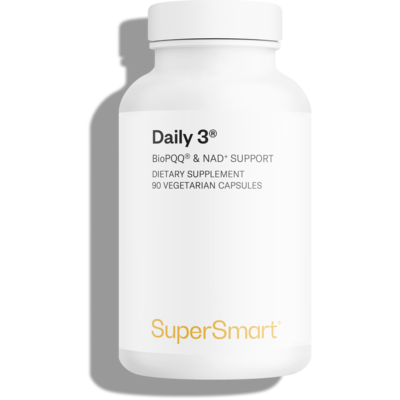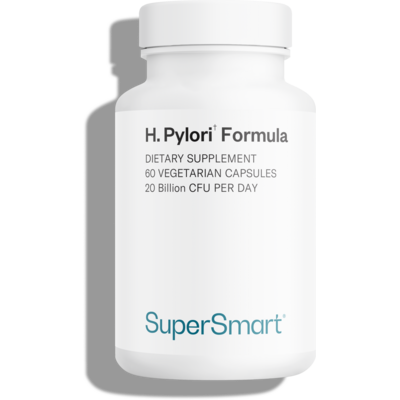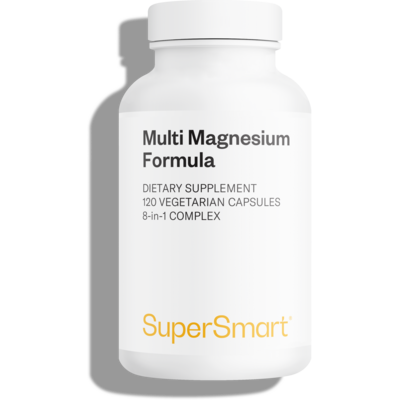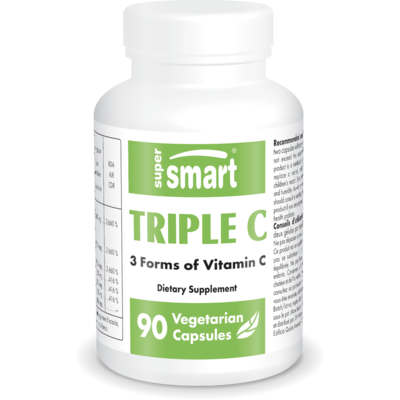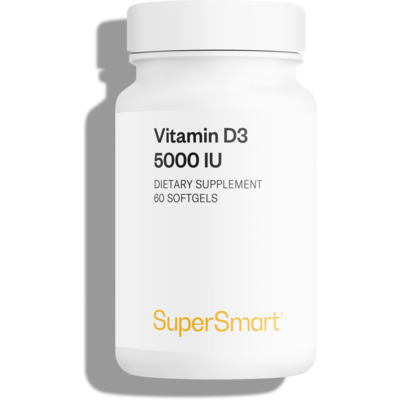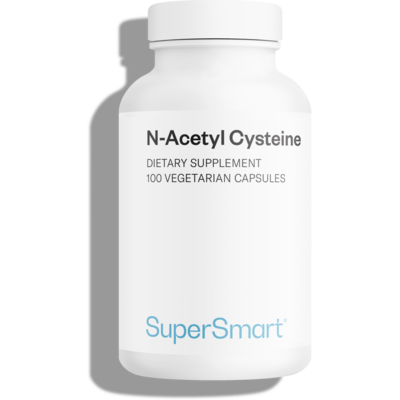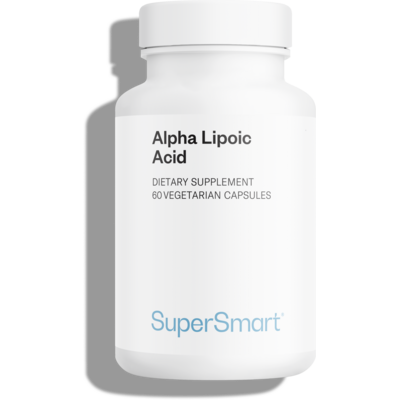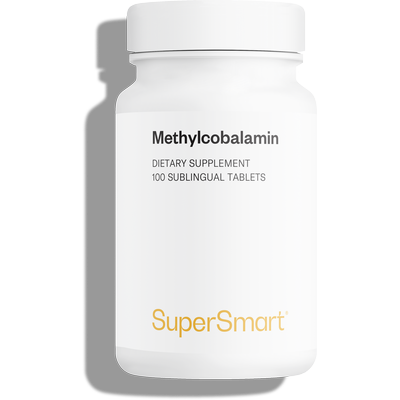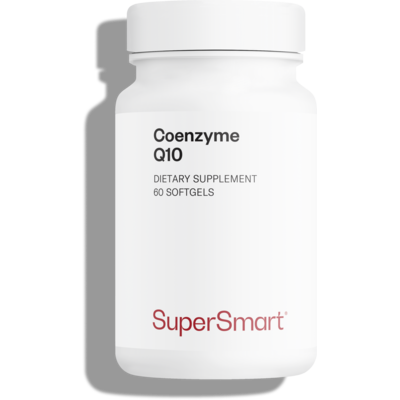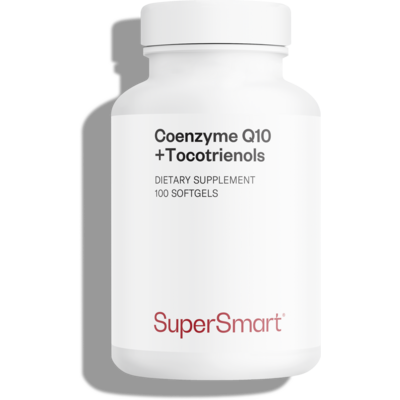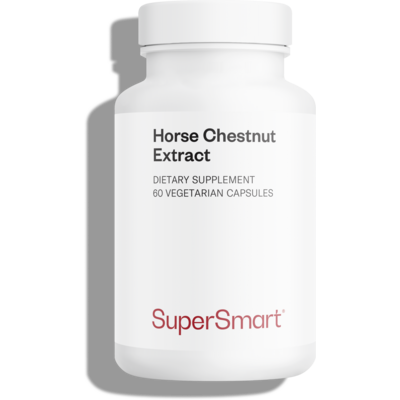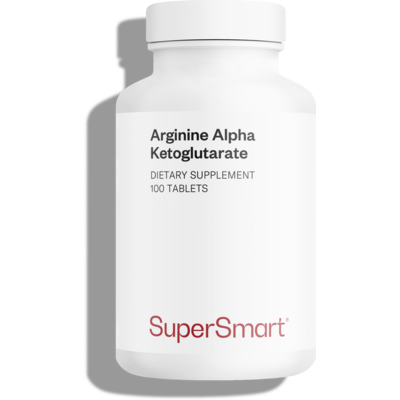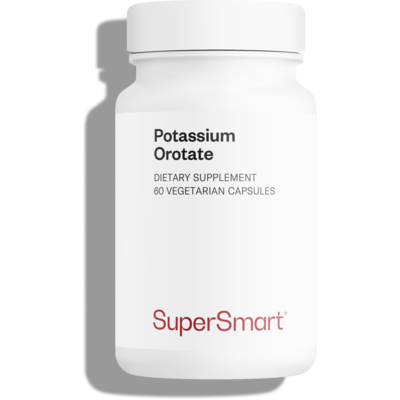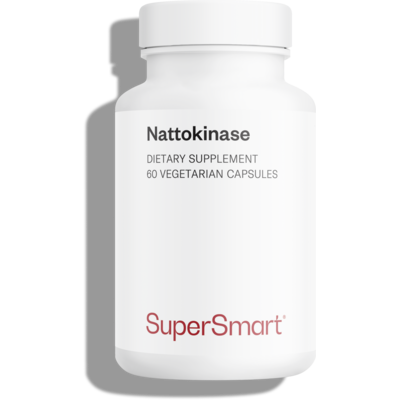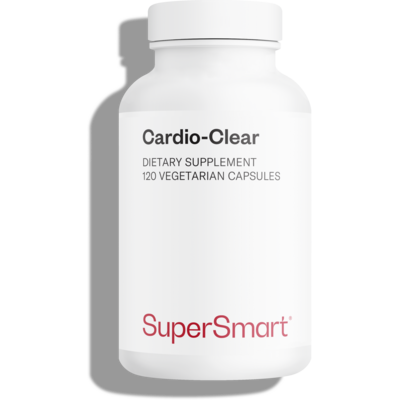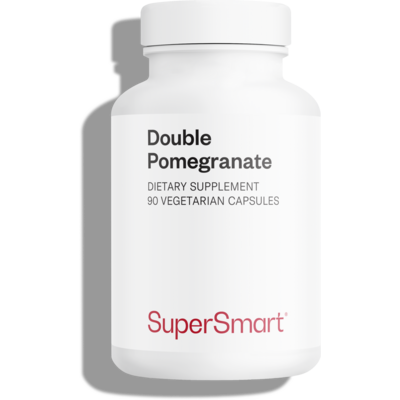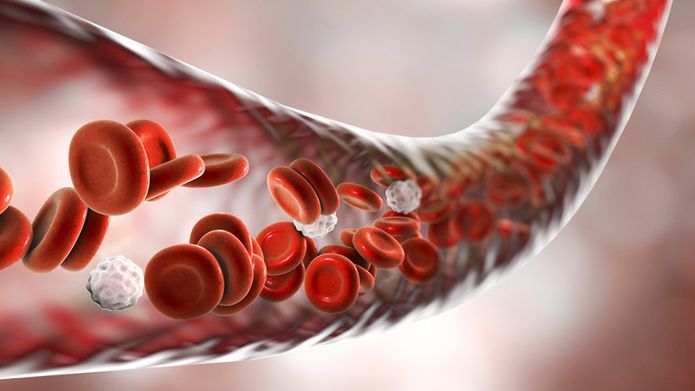Super Omega 3, an omega-3 fish oil supplement, has been formulated to offer an optimal intake of marine-source omega-3 fatty acids. These natural lipids have scientifically proven effects on the composition of cell membranes as well as on numerous biochemical and physiological processes: blood pressure regulation, neuron activity, etc.
Who is Super Omega 3 Aimed at?
Super Omega 3 is for all sections of the population. The World Health Organization (WHO), along with all Western countries, recommend that adults receive a minimum daily intake of 500 mg of EPA + DHA to stay healthy and support brain development and function.
However, many studies have shown that these intakes are far from being covered in American and European populations (intakes are 2 to 8 times lower than the recommended daily intake).
What are the Recognized Benefits of EPA and DHA?
EPA and DHA are molecules that penetrate cell membranes – the layers of fat that demarcate our body’s cells. From this strategic space, they influence a wide range of bodily functions.
EPA and DHA contribute to:
- Normal heart functioning;
- Maintenance of normal blood pressure;
- Maintenance of normal triglyceride levels in the blood.
DHA also contributes to:
- Maintenance of normal brain function;
- Maintenance of normal vision;
- Furthermore, maternal intake of DHA contributes to the normal development of the brain and eyes of the fetus and breastfed infants.
What Makes Super Omega-3 Fish Oil so Exceptional?
1) It is a 100% natural supplement with optimal bioavailability
Like all our omega-3 supplements, including and Super Omega 3 contains EPA and DHA fatty acids in their natural form, triglycerides. These are more expensive than the synthetic form (ethyl esters), but studies show they may be easier to digest and are twice as bioavailable.
In addition, unlike many other laboratories, we develop our product from wild fish oil. Generally, farmed fish contain less omega-3 and more omega-6. This anomaly is explained by the inadequacy of farmed food: wild fish feed on small fish, crustaceans and microalgae, which are very rich in omega-3s, whereas farmed fish are often fed on cereals and vegetable oils rich in omega-6s. They are also raised in precarious sanitary conditions, and the use of drugs is very common.
2) Its production is environmentally-friendly
To ensure optimal quality, Super Omega 3 is produced from a top-quality fish oil, obtained from fishing zones off the coasts of Peru and Chile free from industrial contamination. Fish (sardines, mackerel, anchovies) are selected for their naturally high content in omega-3 fatty acids.
Our fish oil is also Friend of the Sea® certified, which means it comes from sustainable fisheries that meet strict criteria and manage fishing quotas. Smaller fish are prioritized as larger ones have lived longer and have accumulated waste products (mercury, dioxins, pesticides).
3) It Has an Optimal Safety Profile
In order to guarantee it is completely free from contaminants (PCB, heavy metals, dioxins), SuperSmart uses a patented purification technology. This is a natural process called enzymatic hydrolysis which produces the highest concentration of EPA and DHA in a 100% pure oil.
In addition, since omega-3 fatty acids are highly vulnerable to oxidation, we add natural ingredients to protect them and maximize their shelf life. When omega-3 are oxidized, they are converted into trans fatty acids and are devoid of any health benefits. It is therefore essential to protect them with antioxidants so that they retain their beneficial effects over time.
That is why SuperSmart has chosen to add tocopherols (vitamin E) to this exceptional formulation. It is also why it is recommended to store them in a cool, dry place, away from sunlight.
You can also find omega-3 fatty acids of marine origin in our supplement.
It is important to talk your doctor about supplements you intend to take and any supplements you already take. Based on your medical history, they can determine if you are at risk of experiencing fish oil or omega-3 supplement side effects.
WARNINGS
Do not exceed the recommended daily dose. This product is a nutritional supplement and should not be used as a substitute for a varied and balanced diet or a healthy lifestyle.
STORAGE
Store in a cool, dry place away from direct sunlight, heat, and humidity.
Keep out of reach of children.
PREGNANCY AND MEDICAL CONDITIONS
If you are pregnant, breastfeeding, or have any medical conditions, consult your healthcare provider before using this product.
SUPPLEMENT INTERACTIONS
Consult your healthcare provider before use, especially if you are taking any medications or other supplements as there may be potential interactions.
*These statements have not been evaluated by the Food and Drug Administration. This product is not intended to diagnose, treat, cure, or prevent any disease.
Serving Size: 3 Softgels
Servings Per Container: 30 |
Amount Per Serving |
| Fish Oil |
1500 mg |
| Of which Omega-3 (Triglycerides) |
950 mg |
| EPA |
465 mg |
| DHA |
345 mg |
Other Ingredient: Tocopherols.
|
Serving size: Take 3 softgels a day. Each softgel contains 500 mg of fish oil standardized to provide 155 mg eicosapentaenoic acid (EPA) and 115 mg docosahexaenoic acid (DHA).
Servings per container: 30
Storage: Store away from direct light, heat, and humidity.
Warnings: Product derived from fish.
Cautions: For adults only. Do not exceed the recommended daily dose. Keep out of reach of children. Consult a healthcare provider before taking this supplement and if you are pregnant, breastfeeding, or having health concerns.*
This product is a dietary supplement and should not be used as a substitute for a varied, balanced diet and a healthy lifestyle.
- Food and Nutrition Board (FNB), Institute of Medicine (IOM). Dietary reference intakes for Energy, Carbohydrates, Fiber, Fats, Protein and Amino Acids (Macronutrients), The National Academies Press, 2005, Executive summary, page 11.
- ANSES, « Actualisation des apports nutritionnels conseillés pour les acides gras », mai 2011.
- P. Simopoulos, « Omega-6/omega-3 essantial fatty acid ratio and chronic diseases », Food Rev. Int., vol. 20, no 1, p. 77 90, 2004.
- P. Simopoulos, « The omega-6/omega-3 fatty acid ratio : health implications », Ol. Corps Gras Lipides, vol. 17, no 5, p. 267 275, 2010.
- U. Gogus et C. Smith, « n-3 Omega fatty acids : a review of current knowledge », Int. J. Food Sci. Technol., vol. 45, p. 417 436, 2010.
- K. S. Broughton, C. S. Johnson, B. K. Pace, M. Liebman, et K. M. Kleppinger, « Reduced asthma symptoms with n-3 fatty acid ingestion are related to 5-series leukotriene production », Am. J. Clin. Nutr., vol. 65, p. 1011 1017, 1997.
- J. L. Breslow, « n-3 Fatty acids and cardiovascular disease », Am. J. Clin. Nutr., vol. 83, p. 1477 1482, 2006
- P. Simopoulos, « Evolutionary aspects of diet, the omega-6/omega-3 ratio and genetic variation : nutritional implications for chronic diseases », Biomed. Pharmacother., vol. 60, p. 502 507, 2006.
- W. S. Harris, « n-3 Fatty acids and serum lipoproteins : animal studies », Am. J. Clin. Nutr., vol. 65, p. 1611 1616, 1997
- L. Monnier et C. Colette, « Acides gras Omega 3 et pathologie cardiovasculaire : la part du vrai », Médecine Mal. Métaboliques, vol. 5, no 3, p. 269 277, 2011
- Leray, « Maladies coronariennes et athhérosclérose », in Les lipides, Laoisier., 2013, p. 204 207
- L. Stoll, E. Severus, M. P. Freeman, S. Rueter, H. A. Zboyan, E. Diamond, K. K. Cress, et L. B. Marangell, « Omega 3 fatty acids in bipolar disorders : a preliminary double-blind, placebo-controlled trial », Arch. Gen. Psychiatry, vol. 56, p. 407 412, 1999.
- Nemets, Z. Staht, et R. H. Belmaker, « Addition of omega-3 fatty acid to maintenant medication treatment for recurrent unipolar depressive disorder », Am. Psychiatr. Publ., vol. 159, no 3, p. 447 479, 2002.
- J. Sontrop et M. K. Campbell, « N-3 polyunsaturated fatty acids and depression: A review of the evidence and a methodological critique », Prev. Med., vol. 42, p. 4 13, 2006
- R. K. McNamara et S. E. Carlson, « Role of omega-3 fatty acids in brain development and function : Potential implications for the pathogenesis and prevention of psychopathology », Prostaglandins Leukot. Essent. Fatty Acids, vol. 75, p. 329 349, 2006
- M. Lavialle et S. Layé, « Acides gras poly-insaturés (Omega 3, Omega 6) et fonctionnement du système nerveux central », Innov. Agron., vol. 10, p. 25 42, 2010.
- Bretillon, L., Thuret, G., Grégoire, S., Acar, N., Joffre, C., Bron, A.M., Gain, P., CreuzotGarcher, C.P., 2008b. Lipid and fatty acid profile of the retina, retinal pigment epithelium/choroid, and the lacrimal gland, and associations with adipose tissue fatty acids in human subjects. Exp. Eye Res. 87, 521–528. doi:10.1016/j.exer.2008.08.010
- Fliesler, S.J., Anderson, R.E., 1983. Chemistry and metabolism of lipids in the vertebrate retina. Prog. Lipid Res. 22, 79–131.
- Litman, B.J., Mitchell, D.C., 1996. A role for phospholipid polyunsaturation in modulating membrane protein function. Lipids 31 Suppl, S193–197.
- Salem, N., Jr, Litman, B., Kim, H.Y., Gawrisch, K., 2001. Mechanisms of action of docosahexaenoic acid in the nervous system. Lipids 36, 945–959.
- Uauy, R., Hoffman, D.R., Peirano, P., Birch, D.G., Birch, E.E., 2001. Essential fatty acids in visual and brain development. Lipids 36, 885–895.
- Chong, E.W.-T., Robman, L.D., Simpson, J.A., Hodge, A.M., Aung, K.Z., Dolphin, T.K., English, D.R., Giles, G.G., Guymer, R.H., 2009. Fat consumption and its association with age-related macular degeneration. Arch. Ophthalmol. 127, 674–680. doi:10.1001/archophthalmol.2009.60
- Christen, W.G., Schaumberg, D.A., Glynn, R.J., Buring, J.E., 2011. Dietary ω-3 fatty acid and fish intake and incident age-related macular degeneration in women. Arch. Ophthalmol. 129, 921–929. doi:10.1001/archophthalmol.2011.34
- M. A. Hossain, « Fish as source of n-3 polyunsaturated fatty acids (PUFAs), which one is better - farmed or wild ? », Adv. J. Food Sci. Technol., vol. 3, no 6, p. 455 466, 2011
- R. W. Mitchell et G. M. Hatch, « Fatty acid transport into the brain : of fatty acid fables and lipid tails », Prostaglandins Leukot. Essent. Fatty Acids, vol. 85, p. 293 302, 2011
- Y. Freund Levi, I. Vedin, T. Cederholm, H. Basun, G. Faxén Irving, M. Eriksdotter, E. Hjorth, M. Schultzberg, B. Vessby, L.-O. Wahlund, N. Salem Jr., et J. Palmblad, « Transfer of omega-3 fatty acids across the blood-brain barrier after dietary supplementation with a docosahexaenoic acid-rich omega-3 fatty acid preparation in patients with Alzheimer’s disease : the omegaAD study », J. Intern. Med., vol. 275, p. 428 436, 2014.

